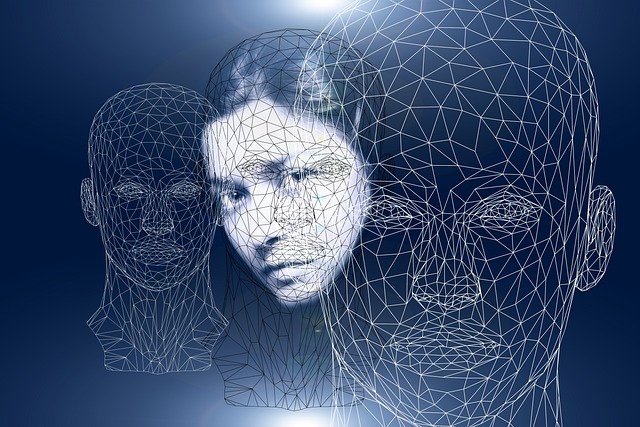Personality Disorders
Personality disorders are long-term patterns of behavior and inner experiences that differ significantly from what is expected. They affect at least two of these areas:
- Way of thinking about oneself and others
- Way of responding emotionally
- Way of relating to other people
- Way of controlling one’s behavior
Types
- Antisocial personality disorder: a pattern of disregarding or violating the rights of others. A person with antisocial personality disorder may not conform to social norms, may repeatedly lie or deceive others, or may act impulsively. More on antisocial personality disorder in the APA blog.
- Avoidant personality disorder: a pattern of extreme shyness, feelings of inadequacy, and extreme sensitivity to criticism. People with avoidant personality disorder may be unwilling to get involved with people unless they are certain of being liked, be preoccupied with being criticized or rejected, or may view themselves as not being good enough or socially inept.
- Borderline personality disorder: a pattern of instability in personal relationships, intense emotions, poor self-image and impulsivity. A person with borderline personality disorder may go to great lengths to avoid being abandoned, have repeated suicide attempts, display inappropriate intense anger, or have ongoing feelings of emptiness.
- Dependent personality disorder: a pattern of needing to be taken care of and submissive and clingy behavior. People with dependent personality disorder may have difficulty making daily decisions without reassurance from others or may feel uncomfortable or helpless when alone because of fear of inability to take care of themselves.
- Histrionic personality disorder: a pattern of excessive emotion and attention-seeking. People with histrionic personality disorder may be uncomfortable when they are not the center of attention, may use physical appearance to draw attention to themselves or have rapidly shifting or exaggerated emotions.
- Narcissistic personality disorder: a pattern of need for admiration and lack of empathy for others. A person with narcissistic personality disorder may have a grandiose sense of self-importance, a sense of entitlement, take advantage of others or lack empathy.
- Obsessive-compulsive personality disorder: a pattern of preoccupation with orderliness, perfection and control. A person with obsessive-compulsive personality disorder may be overly focused on details or schedules, may work excessively, not allowing time for leisure or friends, or may be inflexible in their morality and values. (This is NOT the same as obsessive-compulsive disorder.)
- Paranoid personality disorder: a pattern of being suspicious of others and seeing them as mean or spiteful. People with paranoid personality disorder often assume people will harm or deceive them and don’t confide in others or become close to them.
- Schizoid personality disorder: being detached from social relationships and expressing little emotion. A person with schizoid personality disorder typically does not seek close relationships, chooses to be alone and seems to not care about praise or criticism from others.
- Schizotypal personality disorder: a pattern of being very uncomfortable in close relationships, having distorted thinking and eccentric behavior. A person with schizotypal personality disorder may have odd beliefs or odd or peculiar behavior or speech or may have excessive social anxiety.

